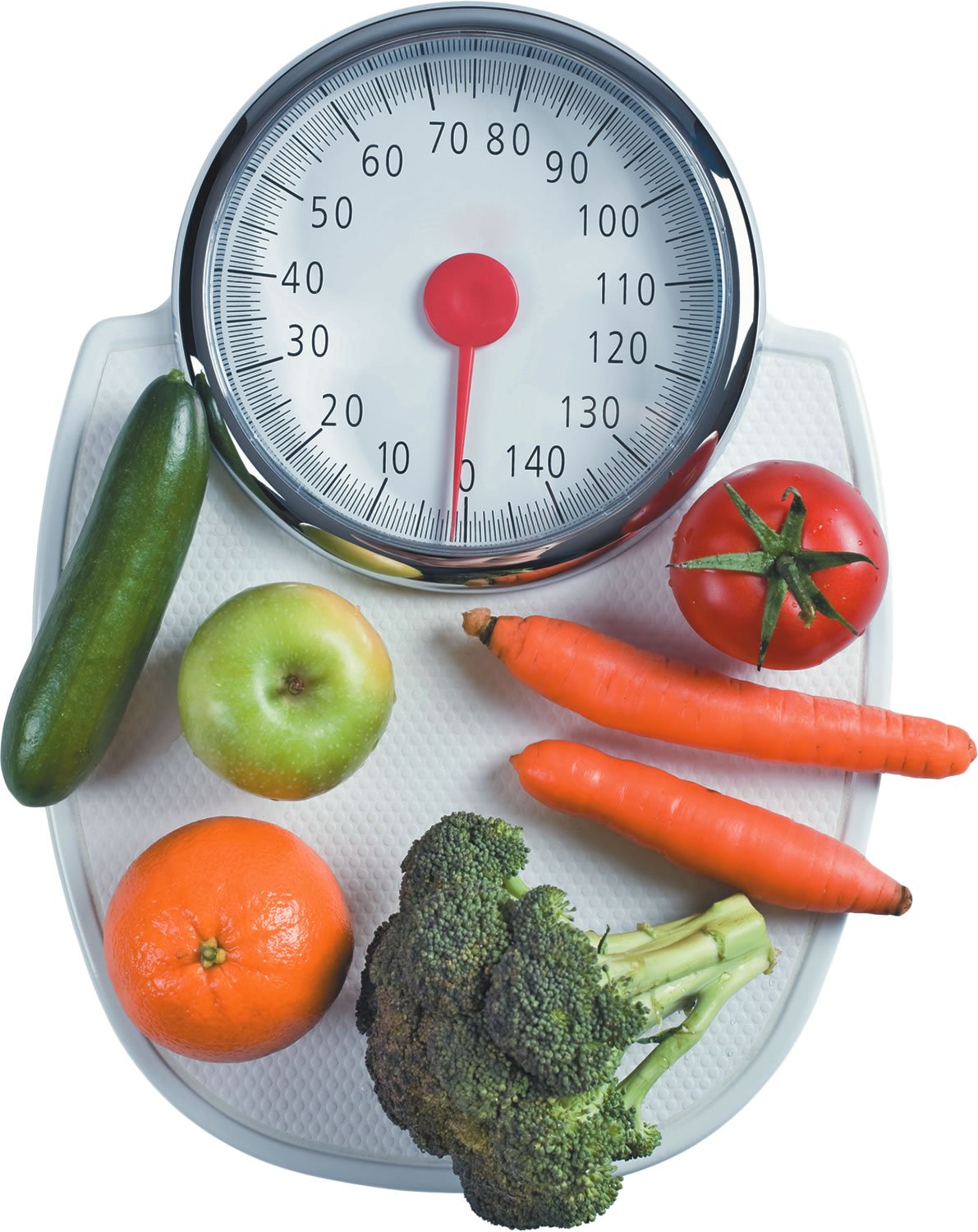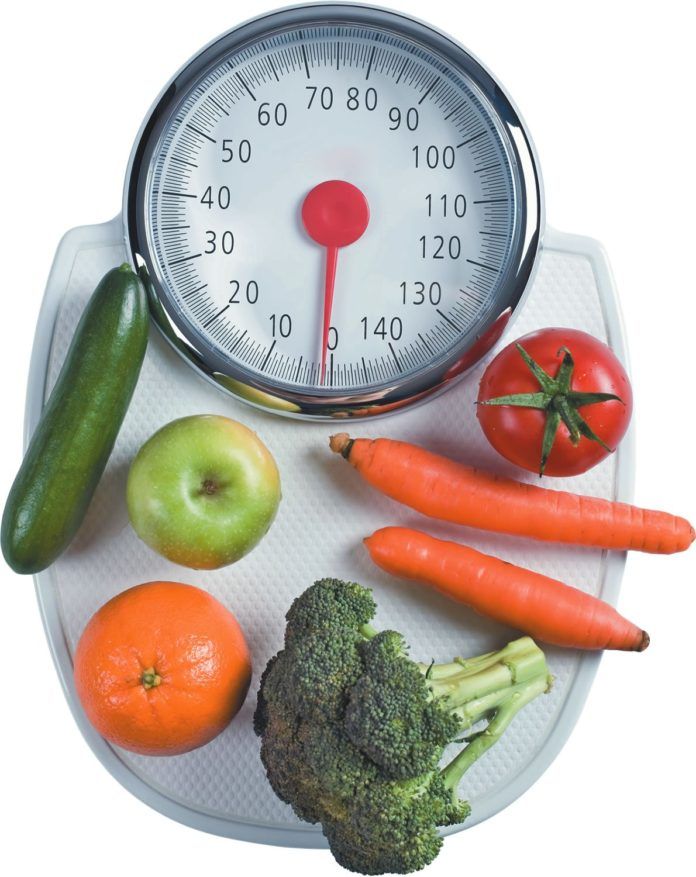© kutay tanir | Getty Images

Achieving and maintaining an optimal body weight can be a challenge. For those of us who carry extra pounds that we want or need to shed, it’s tempting to turn to crash dieting in hopes of rapid weight loss.
Crash dieting takes many forms. It could be long periods of fasting. Or it could mean going on an extremely restricted liquid diet of soup or juice to cut your calorie intake to around 800 calories per day. It is possible to lose significant weight fairly rapidly by restricting calories to this degree, but only if medically supervised and with carefully formulated meals. Of concern are issues related to sustaining the weight loss.
To lose weight successfully and sustainably, it’s important to understand the physiology and psychology of weight loss. Without being informed and having a realistic strategy, your chances of long-term success are limited. For some basic insights and advice, we turned to Sai Das, PhD, a scientist in Tufts’ HNRCA Energy Metabolism Laboratory.
Crash dieting sets you up for disappointment: “That quick fix is neither effective nor sustainable for long-term weight maintenance and optimal body composition,” Das says. “You don’t really invest in learning new habits or in unlearning the eating habits that you have ingrained in yourself over a long period of time.”
Diet Quality Counts: You do need to reduce calories to lose weight, but just eating fewer calories from low-quality foods is not a good long-term strategy. You need to adopt a healthy overall eating pattern. Says Das, “When you have a good dieting approach that is done in a nicely balanced way, with the calories you need as well as good nutrition, you will lose weight without compromising body metabolism or composition.” To improve the quality of your diet, increase fruits, vegetables, nuts, beans, yogurt and fish, and avoid soda, processed meats and foods rich in starch and sugar.
The Goal Is to Lose Fat, Not Muscle: “Dieting needs to be done in a way in which you can maximize the benefit—to get the best bang for your dieting buck, if you will—by losing fat,” Das says. “It’s not just losing weight.” And you want to do that with minimal loss of lean muscle mass—a metabolically active calorie-burner. The key is coupling reduced calorie intake with physical activity.
Metabolic Shifts Can Derail Weight Loss: Research has shown that the body adapts to rapid weight loss by switching into a new mode called metabolic adaptation. “Metabolism becomes more efficient, which helps the body survive longer by using less energy to maintain body functions,” Das says. The body consumes less energy than you would normally need, which means that you have to reduce your calorie intake further in order to sustain the same rate of weight loss.
Workouts Won’t Work On Their Own: Some people try to use frequent and vigorous workouts at the gym or other forms of exercise to help them lose weight. Regular exercise is always good for your overall health, but most people can’t rely on it to lose significant amounts of weight. One reason is that it’s hard for many people to burn enough calories with exercise to lose weight. And you may end up compensating later in the day for those burnt exercise calories. “The net calorie deficit may be insufficient for weight loss,” Das says.
Exercise Helps Maintain a Healthy Weight: Once you reach your weight goal, exercise can play an important role. “Once you’ve lost the weight and the body is beginning to fight back, regular exercise helps you maintain the lost weight,” Das says. One reason is that exercise can help you build and maintain muscle. “Muscle burns more energy at rest and when one is physically active,” Das says. “As a result, any time you do work in the form of activity or movement, you’re going to be burning more energy.”
Have Strategies to Control Appetite: Powerful hormonal and psychological processes often trigger strong feelings of hunger and craving as you diet. Unfortunately, every time you succumb to those urges, it reinforces the negative behavior pattern. To increase your chances of success, have some strategies in place.
Successful dieting requires pre-emptive strategies to curb hunger and conquer cravings:
-Plan and prepare your meals several days in advance to help prevent poor last-minute choices.
-Eat meals and snacks at the same time every day.
-Include satiating fiber and protein in your meals. This helps tide you over to your next meal.
-Use spices and herbs liberally to help you attain a feeling of satisfaction with smaller portions.
-Eat meals mindfully and slowly to savor the taste.
-Remove foods from your home that trigger cravings; have healthier substitute foods available, like raw veggies cut up and ready to snack on, or a bowl of fruit bowl on the kitchen counter.
-Develop ways to reduce anxiety and other emotional eating triggers. For example, meditate, take a hot shower, go for a walk or listen to music.
-Shift your attention away from hunger and cravings with activities that require focused attention, such as playing solitaire, hobbies, cleaning, yard work or gardening.




















